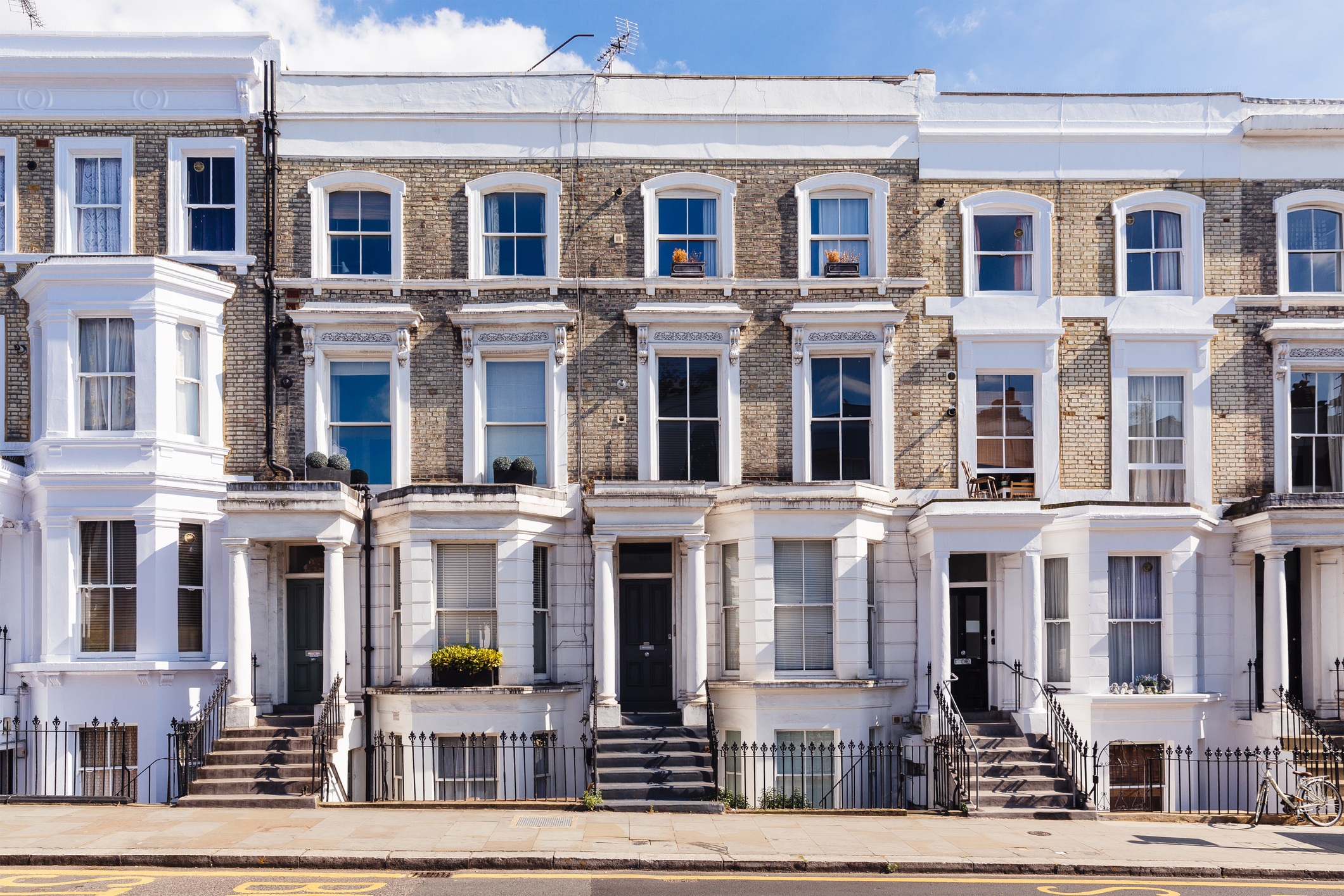Average UK house price rises by £5,000 in June
UK house prices rose on average by 1.7% but signs of recovery might be short-lived.


Get the latest financial news, insights and expert analysis from our award-winning MoneyWeek team, to help you understand what really matters when it comes to your finances.
You are now subscribed
Your newsletter sign-up was successful
Want to add more newsletters?

Twice daily
MoneyWeek
Get the latest financial news, insights and expert analysis from our award-winning MoneyWeek team, to help you understand what really matters when it comes to your finances.

Four times a week
Look After My Bills
Sign up to our free money-saving newsletter, filled with the latest news and expert advice to help you find the best tips and deals for managing your bills. Start saving today!
The average UK house price rose in June, with the typical cost of a home now standing at £288,000, some £5,000 higher than a year ago. UK house prices increased by 1.7% in the 12 months to June 2023, down from 1.8% in May 2023, according to the Office for National Statistics (ONS).
On a seasonally adjusted basis, the average UK house price increased by 0.3% in June 2023, following a month-on-month decrease of 0.3% in May 2023.
Despite the increase to £288,000, this is still £5,000 below the average cost of a home last November when markets peaked.
MoneyWeek
Subscribe to MoneyWeek today and get your first six magazine issues absolutely FREE

Sign up to Money Morning
Don't miss the latest investment and personal finances news, market analysis, plus money-saving tips with our free twice-daily newsletter
Don't miss the latest investment and personal finances news, market analysis, plus money-saving tips with our free twice-daily newsletter
London house prices fall
The North East of England saw the highest jump in average house prices – 4.7% – while London saw a 0.6% fall to £528,000.
It is the first time prices in the capital have fallen since before the pandemic, in November 2019, the ONS said. London was also the only region where property prices fell in the 12 months to June.
The average house price in Scotland remained little changed over the 12 months to June 2023, down from an increase of 1.9% in the 12 months to May. The average house price in Scotland was £189,000 in June 2023.
The average house price in Wales increased by 0.6% over the 12 months to June 2023, to £213,000.
Northern Ireland remains the cheapest country in the UK in which to purchase a property, with the average house price at £174,000.
Sarah Coles, head of personal finance at Hargreaves Lansdown, says: “London is setting a fashionable trend that the rest of the UK may be doomed to follow.”
“House prices in the capital have fallen in the year to June – for the first time since the market was effectively closed at the start of the pandemic.”
“The country as a whole clung on to positive growth of less than 2% over the past 12 months, and the outlook for the coming months looks fairly grim.”
Mortgage rates have been cooling over the past few weeks, with many lenders cutting the price of their deals, after an unexpected fall in inflation helped offset the Bank of England’s (BoE) consistent rate rises.
Jamie Lennox, director at Dimora Mortgages, says: “With the average purchase transaction taking three to four months, these purchases will have originally been agreed when mortgage pricing was on a downward trend. With the base rate jumping dramatically since then, we are likely to see less favourable figures in the months to come.”
The average two-year fixed residential mortgage rate stood at 6.77% on Wednesday.
“It’s written in the stars that house prices are declining and will continue for some time yet. Don’t be misled by the data about price rises in certain areas,” Lewis Shaw, mortgage expert at Shaw Financial Services, says.
Join us at the MoneyWeek Summit on 29.09.2023 at etc.venues St Paul's, London.
Tickets are on sale at www.moneyweeksummit.com
MoneyWeek subscribers receive a 25% discount.
House prices set to fall further as rent rises
Gabriella Dickens, senior UK economist at Pantheon Macroeconomics, agrees that June’s house price uplift is “not a convincing sign that the market has shrugged off the recent renewed rise in mortgage rates” because it is based on mortgage offers earlier in the year.
She adds: “A typical two-buyer household looking to purchase an average home still will see around 28% of their real income go towards mortgage repayments – much higher than the 20% in the 2010s.”
“And, while the drop in energy bills and strong wage growth should free up some cash to put towards housing costs, caution among households remains high and expectations that house prices will fall further are entrenched.”
Meanwhile, private rental prices paid by UK tenants rose by 5.3% in the 12 months to July, up from 5.2% in June.
“Rents ticked higher in June, leaving many tenants under the cosh. Those with modest incomes have found themselves wrestling with escalating rental costs, forcing them to sacrifice a sizeable portion of their hard-earned income to keep a roof over their heads. This leaves them with less money for other essential needs or even indulge in discretionary spending,” says Myron Jobson, senior personal finance analyst at interactive investor.
“With the cost of borrowing remaining high, despite recent falls in mortgage rates, the dream of homeownership may start slipping away and those who were once keen on purchasing a home suddenly shift their sights toward the rental market, fuelling demand,” he adds.
In London, rental prices rose 5.5%, the highest since the London ONS data series began in January 2006.
Get the latest financial news, insights and expert analysis from our award-winning MoneyWeek team, to help you understand what really matters when it comes to your finances.

Pedro Gonçalves is a finance reporter with experience covering investment, banks, fintech and wealth management. He has previously worked for Yahoo Finance UK, Investment Week, and national news publications in Portugal.
-
 How should a good Catholic invest? Like the Vatican’s new stock index, it seems
How should a good Catholic invest? Like the Vatican’s new stock index, it seemsThe Vatican Bank has launched its first-ever stock index, championing companies that align with “Catholic principles”. But how well would it perform?
-
 The most single-friendly areas to buy a property
The most single-friendly areas to buy a propertyThere can be a single premium when it comes to getting on the property ladder but Zoopla has identified parts of the UK that remain affordable if you aren’t coupled-up